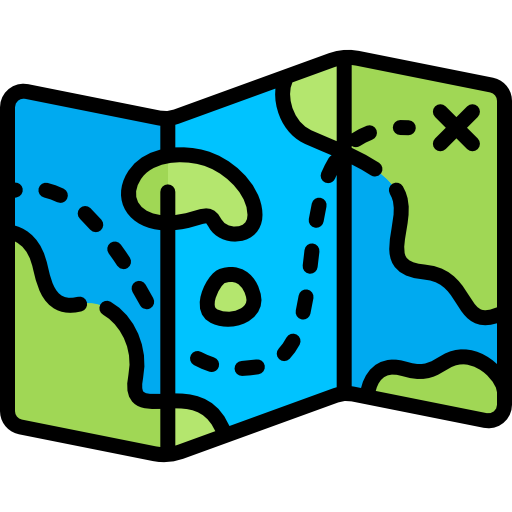There’s also “you may enter” 🙂
Quite a number of mistakes here:
“Kocaeli” translated as “husbands hand” comes from “Koca ili” named after Akça Koca. “Koca” in this context means “Great” as in “highborn” and “il” means province so this is better translated as “Koca’s province” or “The highborn’s province”.
“Aksaray” translated as “white fortress” is better translated as “white palace”.
“Ağrı” here translated as “pain” is named after the Turkish name of Mount Ararat which is “Ağrı Dağı”. The name has been in use for a very long time and the exact etymology is not known as far as I know, possibly meaning “fiery”.
How “Afyon” is translated as “Opium black fortress” I cannot even understand, it just means “opium”. The provinces name is literally just “opium”. Maybe the only one that could have been directly translated, no research needed.
“Aydın” comes from the name of a historical person, so it’s either still “Aydın”, or the meaning of that name which is better translated as “enlightened” since “intellectual” doesn’t really make sense in the context of the 14th century.
There are probably others. I would guess that “Kırklareli” is also from smushing “ili” at the end of another word. No offense intended but this reads as some Turkish learners attempt at translating city names by just literally looking up the words in a dictionary with no regard for the actual etymology or context.


